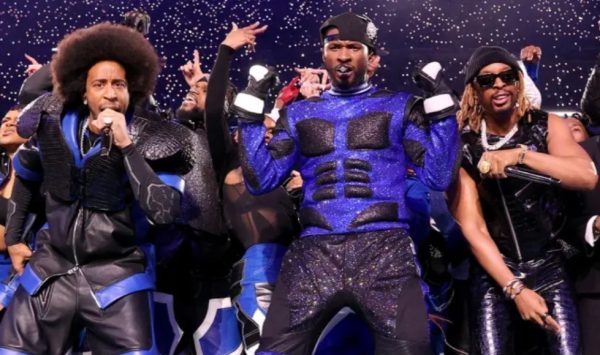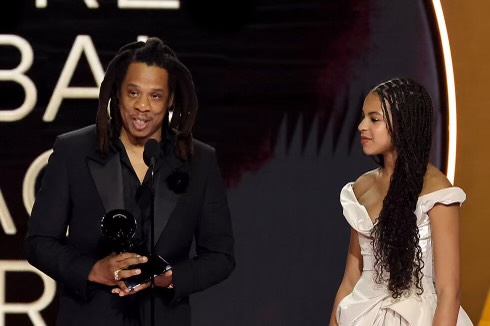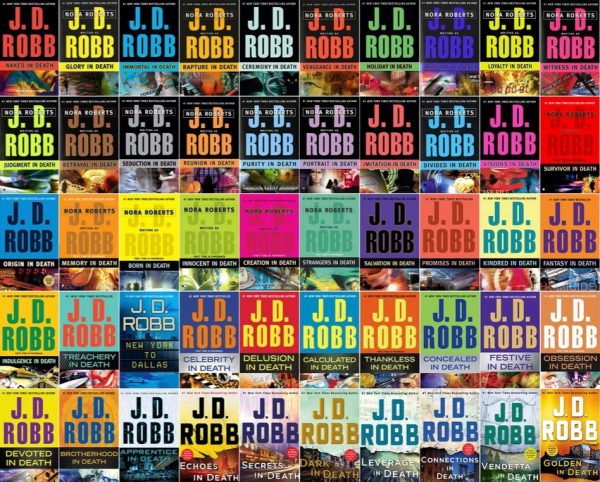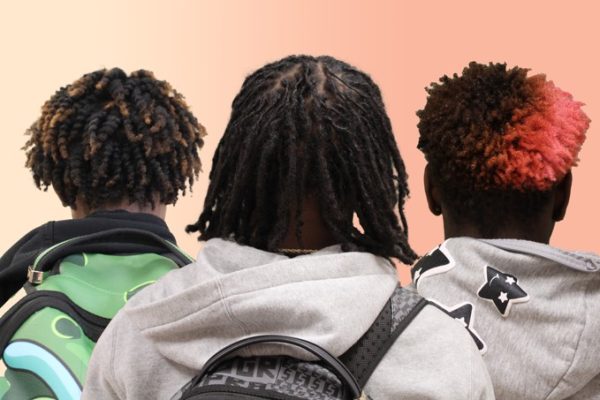We Shall Overcome
Imagine you give birth to a healthy, bouncy baby boy. You teach him to walk, talk and how to be a member of society. You watch him grow up and are blessed enough to see him graduate high school. As you help him prepare for college, right before he starts classes, you receive a call.
Your first-born son, your pride and joy, the young man that you love, has passed. You find out that he was shot, unarmed, by a protector of the law.
Now, the legal system takes over. As you wait for justice in the courtroom, you recall how the portrayal your son seemed false, hoping it did not sway the grand jury’s decision.
The grand jury stands before you, and acquits your son’s killer.
People believe that this may be an exaggeration; that justice will always properly be served to those who have suffered great loss. Unfortunately, this is one of the challenges of being Black in America.
Over the past couple of years, several lives were lost to men who faced no punishments:
Seventeen year old Trayvon Martin was fatally shot by neighborhood watch coordinator George Zimmerman after a struggle between the two males that began after Zimmerman followed Martin, believing he was up to no good. Even though Zimmerman was later charged with second-degree murder and manslaughter, he was found not-guilty on all charges.
Forty-three year old Eric Garner was locked in an illegal and fatal chokehold by Officer Daniel Pantaleo after resisting arrest for selling single cigarettes from packs without tax stamps. Despite video evidence, illustrating every second of the incident, a grand jury decided to not indict Pantaleo.
Thirty-seven year old Tanesha Anderson, described as mentally ill, lost her life in front of her family when police officers slammed her head into the pavement. According to Anderson’s family, once Anderson became anxious about being confined in the back of police cruiser, she tried to escape. While struggling to try and get her back into the car, one of the officers brought Anderson to the ground, forcing her face onto the sidewalk.
Twelve year old Tamir Rice was fatally shot by Officer Timothy Loehmann after receiving a police dispatch call that claimed there was a young black male in a city park with a gun. After the shooting, it was discovered that the gun was fake.
Lastly, and most recently, 18-year-old Michael Brown who was fatally shot by Officer Darren Wilson after, according to reports, Brown tried to run away from a nearby convenience store that he robbed in Ferguson, Missouri.
There are seemingly many more stories that didn’t make it to the trending topics list on Twitter.
Protests began to spring up all over the country, from Los Angeles to New York, from Seattle to our back yard in San Antonio. And in the streets of Ferguson, Missouri, protestors wept into the arms of Brown’s family members.
Unfortunately, these protests became hostile outside the courthouse. Tear gas were launched in the sky among the crowds as if it were confetti at a parade. People who were possibly injured could not receive much help from law enforcement. Rioters smashed windows and set fire to businesses, as if they believed by destroying enough of their own community, the grand jury’s decision would be changed.
Around the same time in New York, protesters marched the streets voicing their anger towards the decision to not charging Pantaleo for the death of Garner. One of the marches was led by three mothers who had lost their sons to police officers, alongside Reverend Al Sharpton and Garner’s friends and family. Repeatedly, they chanted, “I can’t breathe,” the last words of Garner before he passed away.
In December 2014, protests reached all the way to the Mall of America, located in Bloomington, Minnesota, were thousands of protesters called for an end to the racism and police violence that continually targets people of color in the state and around the nation.
While it is understandable that people are extremely upset with the verdict, dismantling the community did nothing but perpetuate the negative African-American stereotype, making African-Americans seem hostile and uncivilized.
President Barack Obama stated, “We’ve got to make sure that we are able to distinguish between peaceful protesters who may have some legitimate grievances and maybe long-standing grievances, and those who are using this tragic death as an excuse to engage in criminal behavior.”
Racism is viewed as old-age thinking. But, when law enforcement actively uses racial profiling, we cannot deny that racism is alive and well in today’s society, especially when you look at it through the lens of an African-American. If these were our family members, who were forced to enter eternal rest, we would pursue justice until it is served.
Black men are frequently perceived as being poor fathers, ill-mannered and ignorant. Even those who are well educated are still examined for any evidence of fitting the stereotypical black man. It is unfortunate, but all Americans: white, black, and everyone in between, need to arm themselves with education, not guns.
Society has become numb to the news of a black lives being taken. People are beginning to lose faith that justice will be served for those who deserve it. However, we have to look at the situation with perspective…what if it were one of our family members? If we could not attain justice when it hits close to home, we should speak up for another person facing a similar situation.
We may not know these people personally, but we can do our part. Let’s try to live in a country where no one has to worry about whether or not their name will posthumously end up on social media followed by a hashtag. Making this a reality begins by initiating the difficult conversation about these incidents, and learning from them, on both ends of the divide.
Imagining the pain felt by the family members will aid in understanding the need for such conversations. It is crucial that people keep their voices, as well as their heads, high.
The protests and speaking up led to ruling the death of Anderson as a homicide, rather than an act of self-defense. Protests and speaking your mind, works if it is done peacefully and in the right way without violence.
While we are continuously reminded that our justice system is intended to protect all Americans, there is still evidence that it is far from perfect. By peacefully addressing these injustices, changes can be made. If these conversations continue, a legal system that truly considers everyone equal can be established, and we could live in a country were an African-American mother will be able to let her child out into the world without any fear.
As we head into Martin L. King Day, and after the release of Selma, we need to remind ourselves of his efforts. Change to our society’s injustices, through civil disobedience, can happen. We shall overcome.




